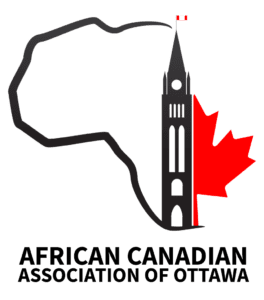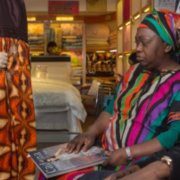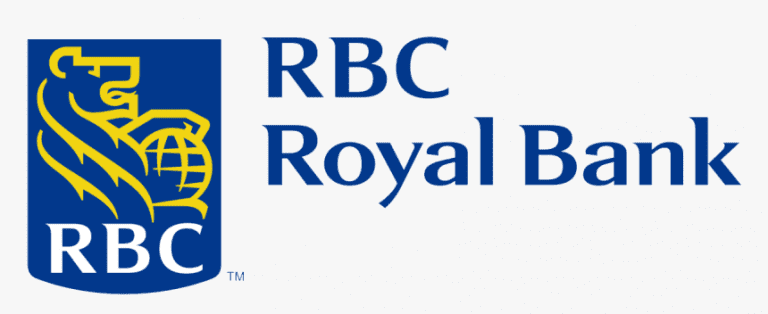In a sweltering monsoon afternoon in Xiaobei, in Guangzhou, a city in southeast China, a group of young and middle-aged African men take positions up and down a street lined by shops, alert to the passing of potential clients. Not far from them, in an adjacent street, another group of Africans—three women and a man holding a child in his arms—huddle around bales of merchandise. As the sun slowly sets, the town square fills up with people.
“Welcome to Oversea Trading Mall,” reads a neon sign in front of a midrise building overlooking the square. Posters advertising different products and services are plastered on nearly all surrounding buildings.
This is Xiaobei, also known as ‘Little Africa’, in the central neighborhood of Guangzhou, China’s megacity, where the Oversea Trading Mall is the main attraction for thousands of sub-Saharan African traders in search of good value merchandise. Guangzhou, nicknamed “Chocolate City” because of the large number of Africans living there, is a megalopolis with a population of 13 million.
Having dragged their bales to the edge of the square, three women and their male companion try to negotiate fare with a taxi driver. Sensing a lack of progress in the negotiations, due perhaps to a language barrier, one of the African men gathered around the porch of a nearby shop steps in to facilitate the transaction.
“This is what we do,” Magloire, an immigrant from Côte d’Ivoire, told Africa Renewal. “We are helping our brothers and sisters with their business needs.” He was reluctant to give his full name.
Like Magloire, hundreds of Africans who live in Xiaobei and its neighborhood in Guangzhou see themselves as “brokers.”
As the capital city of Guangdong, China’s richest province and arguably its economic powerhouse, Guangzhou is famous for numerous wholesale markets and its annual International Canton Trade Fair.
Inside Xiaobei’s subway stations, on its streets and at the bougainvillea-adorned pedestrian overpass along the main road, Africans can be found speaking Arabic, Bambara, French, Portuguese, Lingala, Malagasy, Yoruba or Igbo—a reminder of the cultural diversity of this migrant community.
Until about three years ago, Xiaobei bustled with business activity. Wholesale traders from sub-Saharan Africa regularly streamed in.
In the first nine months of 2014, for example, 430,000 people from sub-Saharan Africa entered or left the city’s border posts, according to official Chinese data.
“Booming China-Africa ties attract Africans to pursue dreams in Guangzhou,” declared China Radio International in 2015, summing up the growing movements of population and goods between the southern metropolis and several countries in Africa.
And just three years ago, local media pointed out the economic success of some of the migrants. A quick survey of residents of Little Africa showed that 2 out of 10 earned over 30,000 yuan (US$4,800 at the time) a month, more than the average monthly income of local Chinese workers. The rest earn less, comparable to the earning of the average local Chinese worker.
But fast-forward to 2016, and Little Africa is losing its shine. “Commodity dip hits China’s little Africa,” the Financial Times reported in July of that year.










